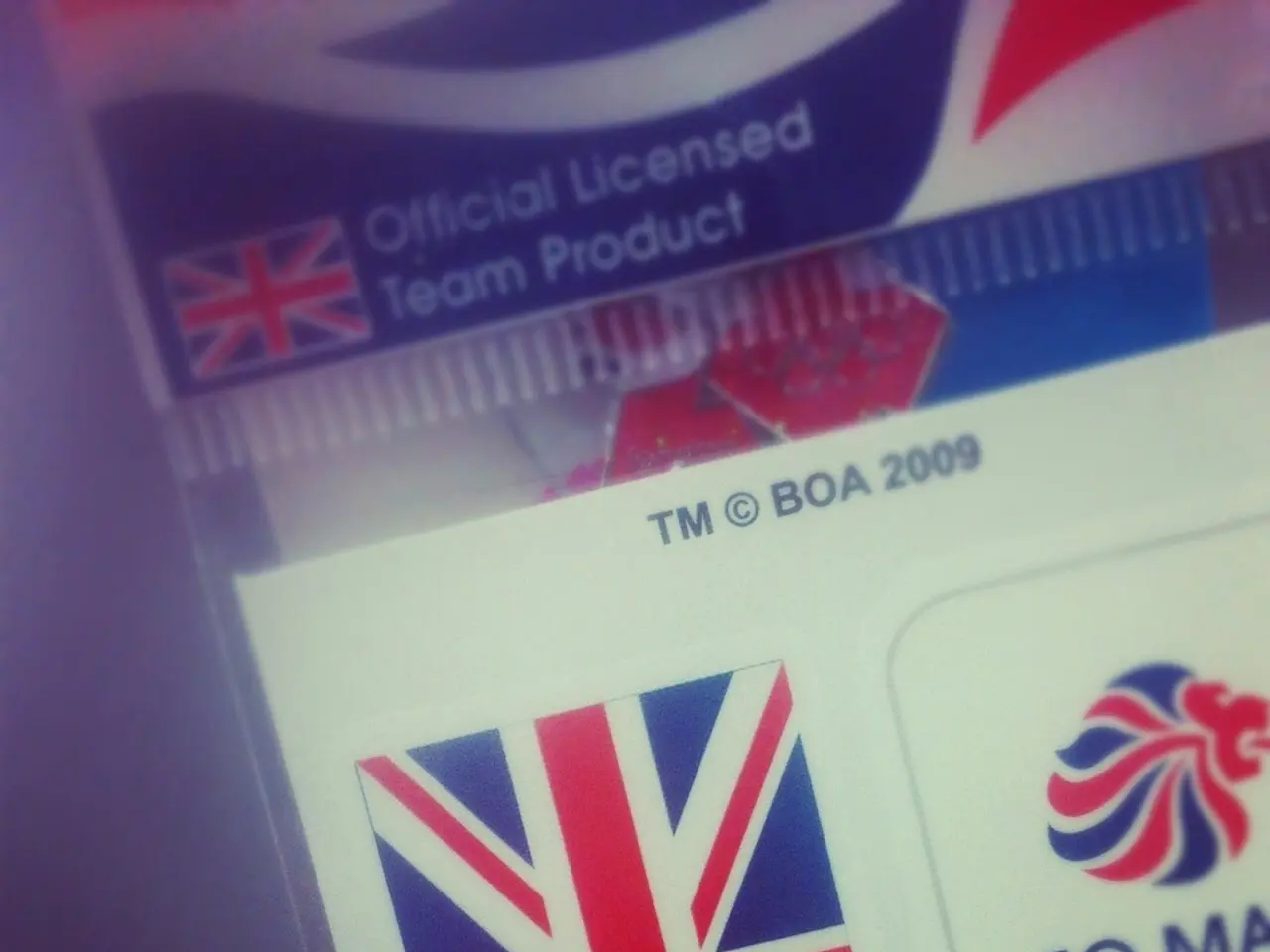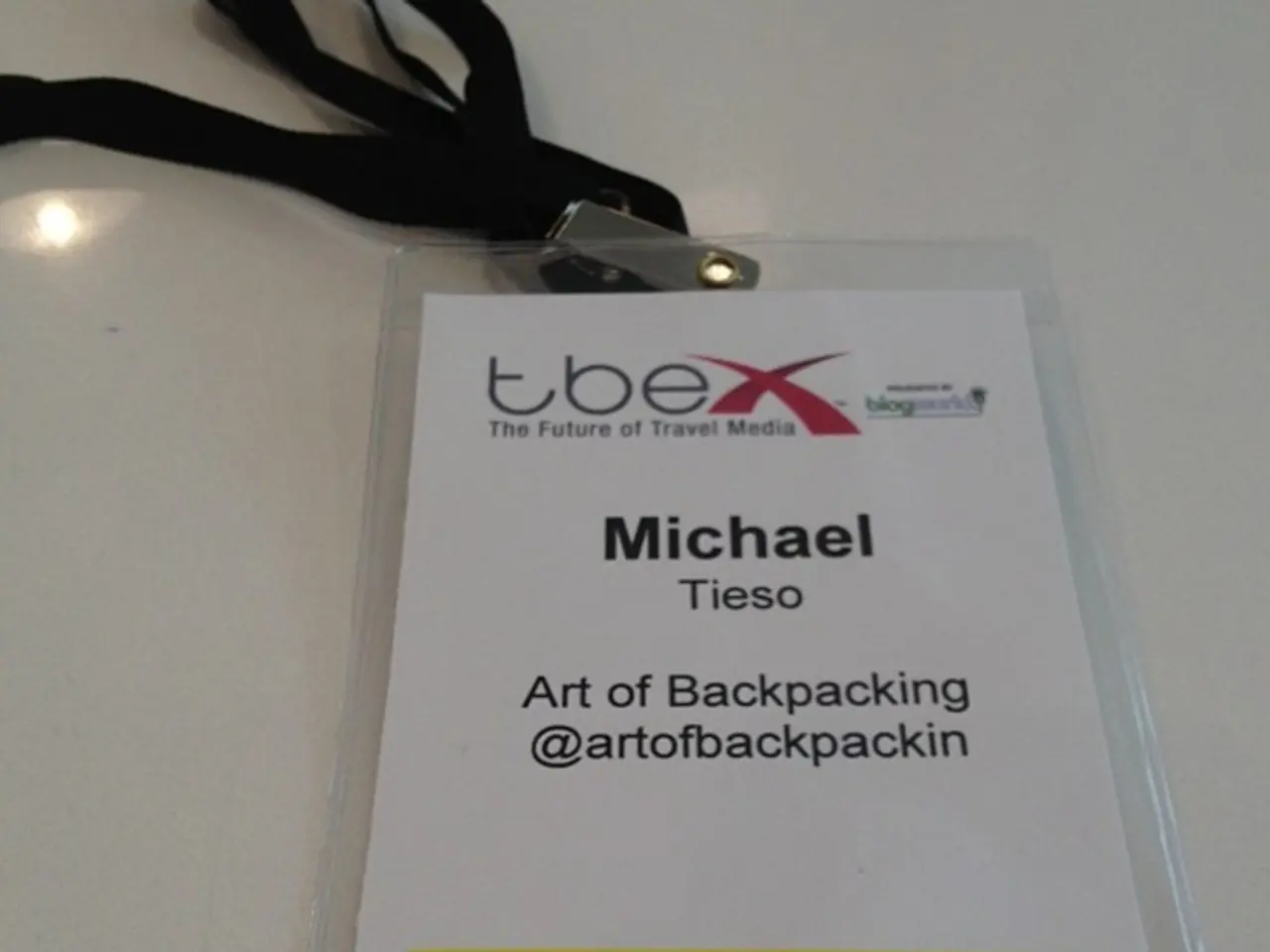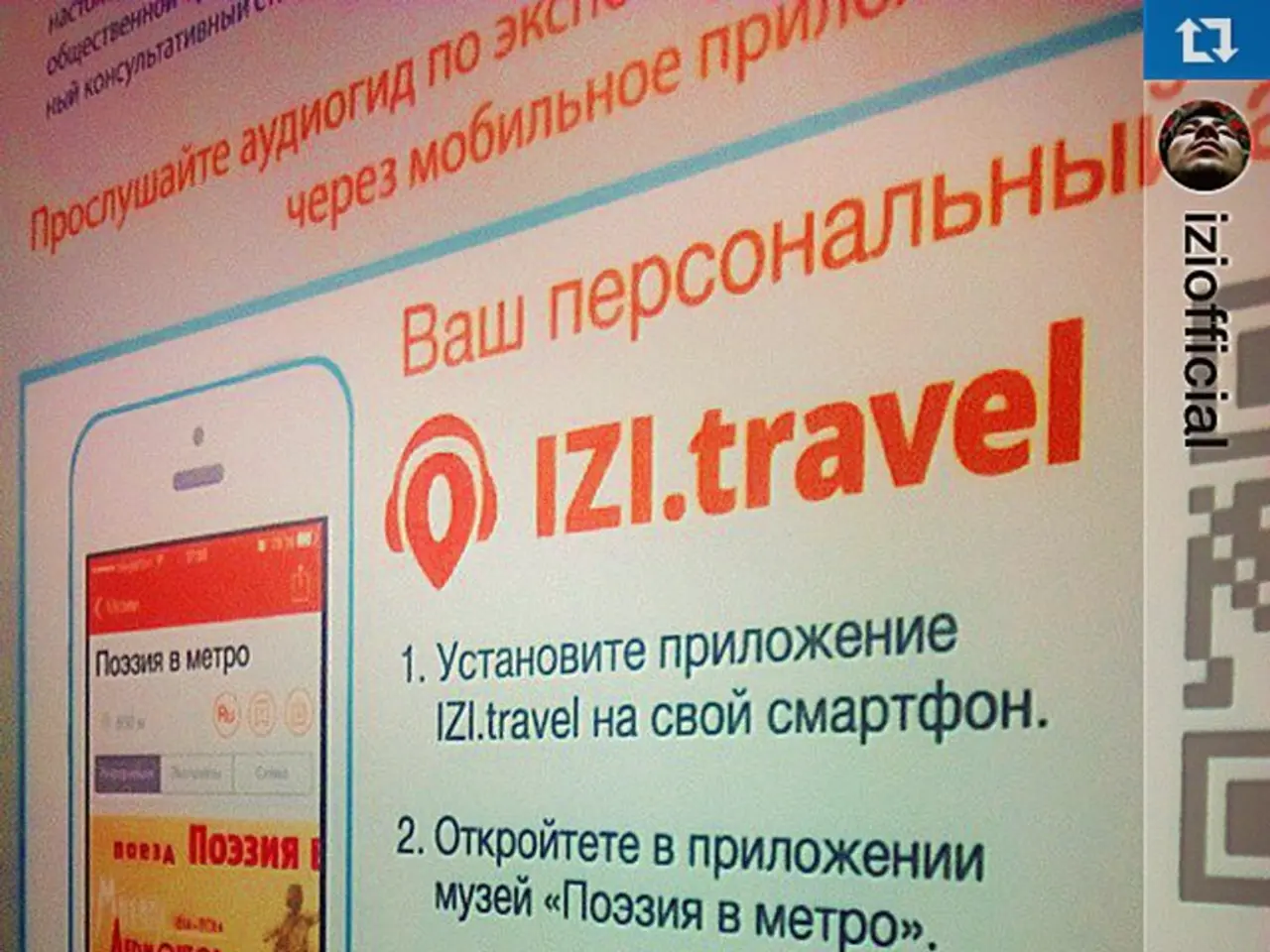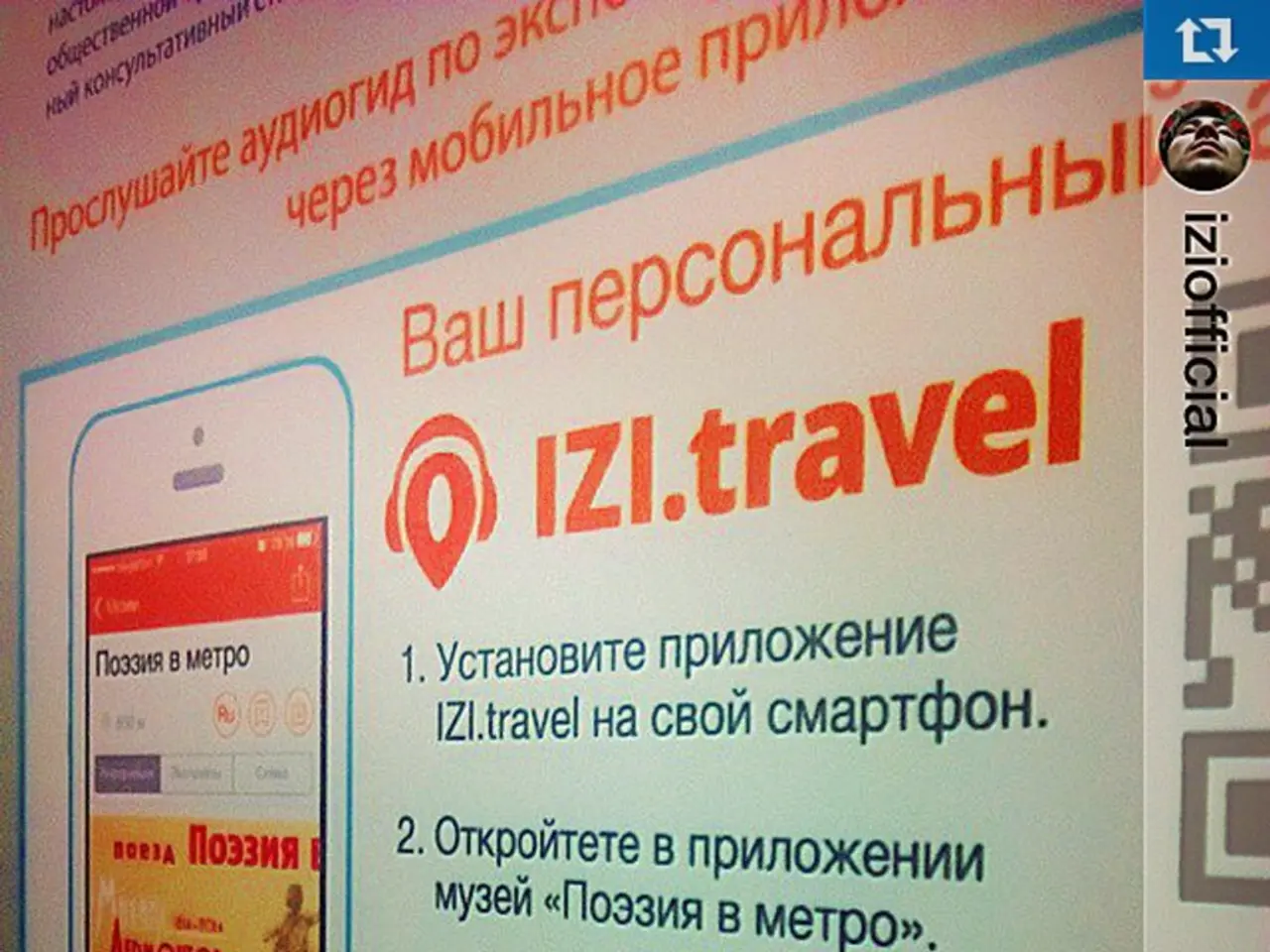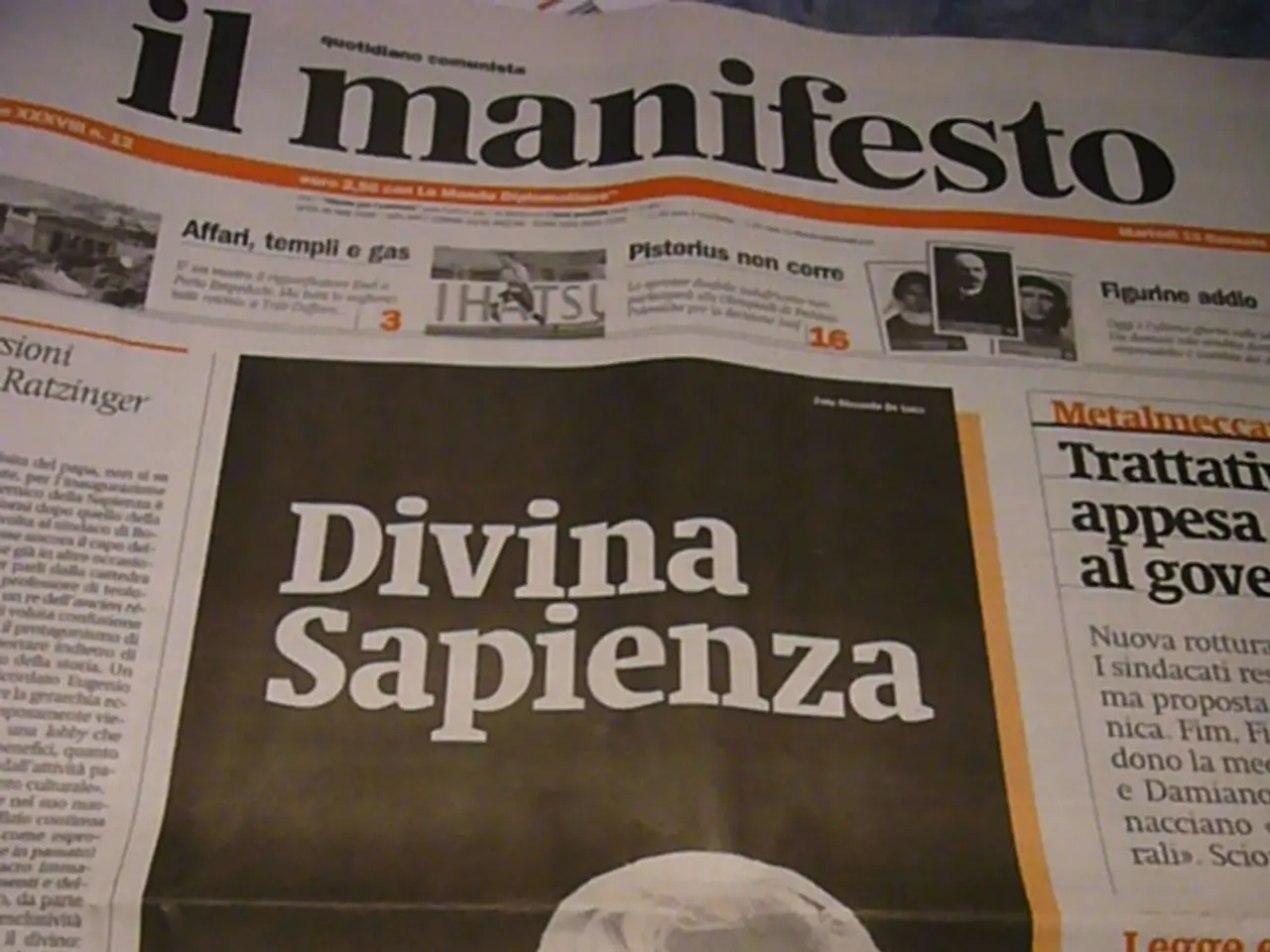Larceny through loan innovation unveiled: a closer look
In Kenya, a heated debate is unfolding around President William Ruto's securitization financing model. The government is using securitization to raise funds for clearing road contractors' pending bills and financing infrastructure projects, with critics alleging that the model may be unconstitutional and risky.
The government has employed the securitization of the Road Maintenance Levy Fund (RMLF) to raise a substantial sum of Sh175 billion. This money has been used to pay off verified pending bills and finance projects, including issuing infrastructure asset-backed securities on the Nairobi Securities Exchange to fund large projects like Talanta Sports City.
Government officials defend the securitization model as legal, transparent, fiscally responsible, and beneficial for the economy, as it helps Kenya reduce reliance on external loans while lowering borrowing costs. However, opposition voices and some legal practitioners have raised concerns about its constitutionality, arguing that securitizing certain public funds or debt obligations may contravene budgetary laws or financial regulations.
A lawyer wrote to ODM leader Mbadi, criticizing the debt securitization approach, implying constitutional and legal issues. Despite these concerns, President Ruto and his team maintain that the process is lawful and beneficial for the economy.
Roads and Transport Cabinet Secretary Davis Chirchir has explicitly defended the securitization, stating that it is aligned with legal frameworks and best financial practices. He dismisses claims of fresh debt accumulation and emphasizes transparency and economic recovery benefits.
The core contention is whether the securitization method used to finance government obligations, particularly road contractor payments, complies fully with Kenya’s constitution and public finance laws. The debate involves legal, financial, and policy dimensions, but as of the latest reports in mid-2025, no definitive court rulings have settled the constitutional arguments.
Notably, Azimio leaders Kalonzo Musyoka and Martha Karua are leading the opposition, while Martha Karua serves as the leader of the People's Liberation Party, and Kalonzo Musyoka is also the leader of the Wiper Democratic Party. The opposition alleges that Special Purpose Vehicles (SPVs) are being introduced in the securitisation approach, which they claim is meant to conceal government's criminal operations. They have also accused the Kenya Revenue Authority of questionable practices, with President Paul Kagame of Rwanda criticizing Sh20 million tax debt claims, calling them "evil".
In addition, a petition has been filed seeking to declare the CEO of KEMSA (Kenya Medical Supplies Authority), Waqo, unfit to hold office. Meanwhile, there is a case in court where Kindiki is being asked to disclose the source of his empowerment billions.
Three years after the President's promises, the nation is facing a harsh reality check. The controversy surrounding the securitization financing model continues to unfold, with the government and opposition presenting their arguments and awaiting a resolution.
References: 1. https://www.standardmedia.co.ke/business/article/2001341685/road-maintenance-levy-fund-securitization-will-help-kenya-reduce-reliance-on-external-loans 2. https://www.nation.co.ke/news/article-2358294-kenyans-debate-constitutionality-of-securitisation-deal 3. https://www.businessdailyafrica.com/business/analysis/opinion/securitisation-of-public-debt-a-game-changer-or-a-risky-venture/1366454-5261150-3731hq/index.html 4. https://www.standardmedia.co.ke/business/article/2001341685/road-maintenance-levy-fund-securitization-will-help-kenya-reduce-reliance-on-external-loans
- The debate over the securitization financing model used by the Kenyan government, as seen in the case of the Road Maintenance Levy Fund, extends to the fields of business, politics, and general news, with concerns about its constitutionality, transparency, and potential risks being raised.
- The securitization model, defended by government officials as legal and beneficial for the economy, has faced criticism from opposition figures such as Martha Karua and Kalonzo Musyoka, who question its compliance with Kenya's constitution and financial regulations. They also allege that Special Purpose Vehicles (SPVs) are being used to conceal potential criminal operations.
